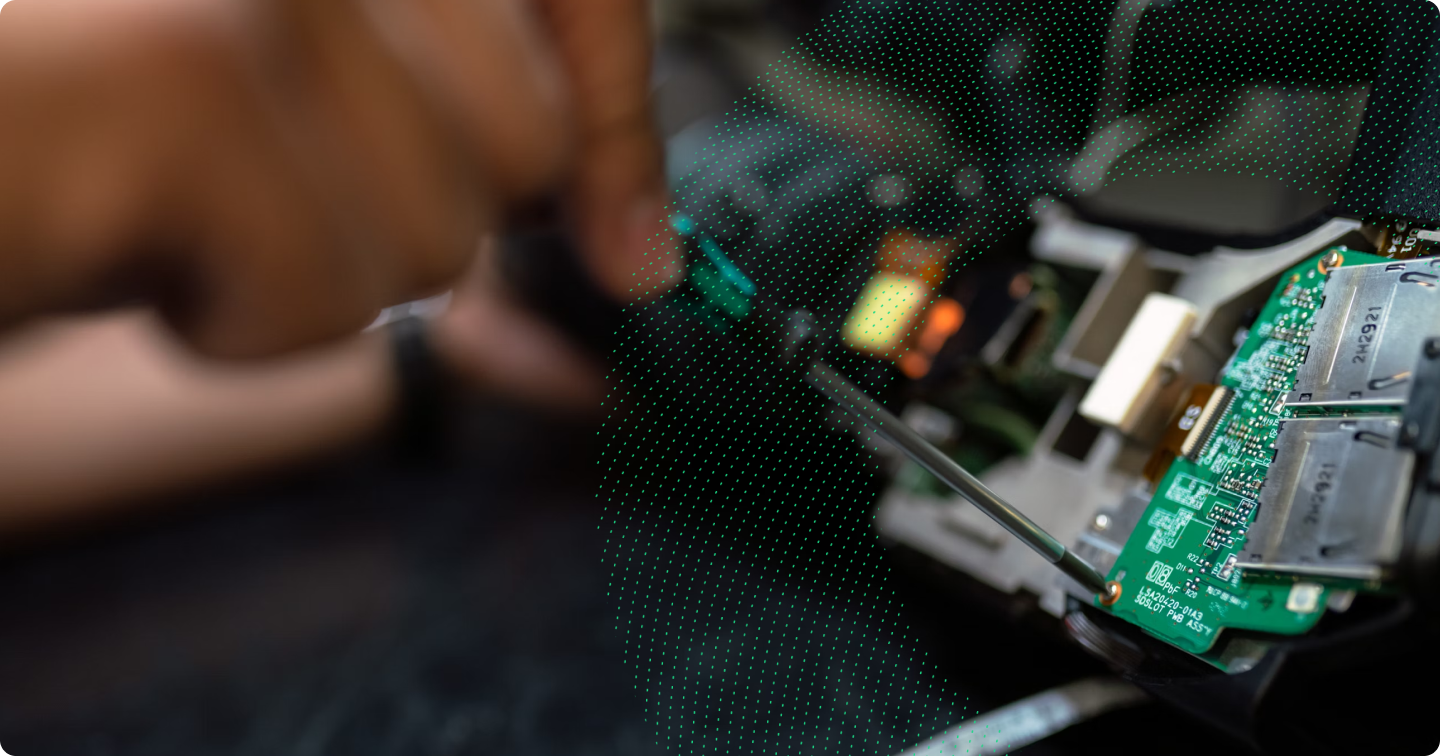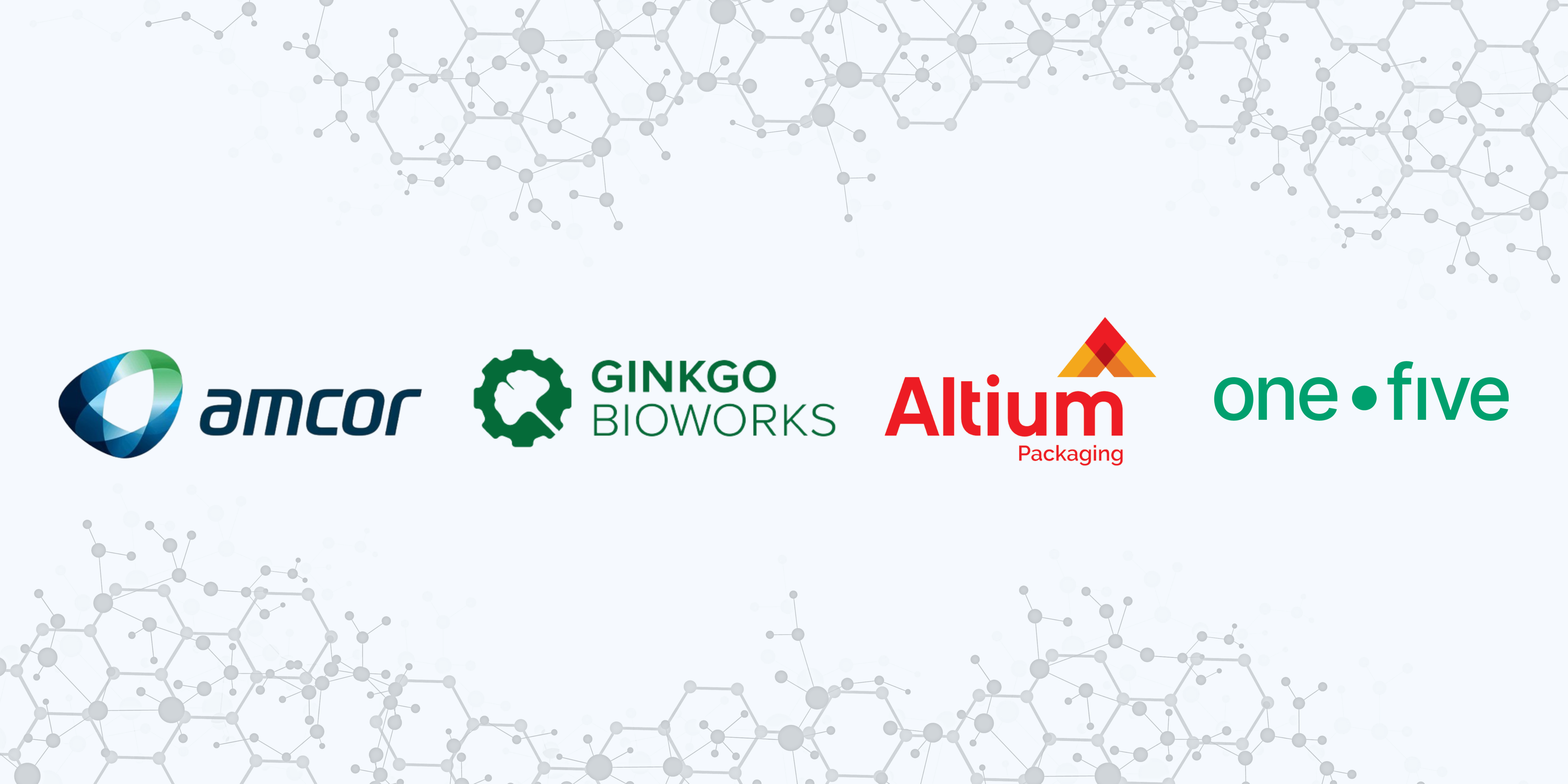Like most startups, Halo looks much different today than it did when we started, but the problem we’re solving hasn’t changed — there are thousands of scientific discoveries that never materialize into real-world solutions.
At first, we tried to solve this problem by crowdfunding research projects to help leapfrog these nascent technologies over the so-called “valley of death.” Our hope was that a larger company would then swoop in and shepherd them forward. However, we eventually learned that scientists needed more than just funding — they needed the expertise and resources of industry to inform their next steps and move their science forward.
At first, we tried to solve this problem by crowdfunding research projects to help leapfrog these nascent technologies over the so-called “valley of death.”
Meanwhile, on the other side of the equation, industry leaders had already recognized that many of today’s scientific breakthroughs had their roots in academia, and they were spending billions of dollars – anywhere from 30% to 60% of their R&D budgets – funding university research, licensing technologies and investing in startups. But from an outside perspective, the tactics these companies used to identify and connect with researchers reminded me of how recruiting worked before LinkedIn or even the Internet. They went to conferences, visited a handful of elite research institutions, and often relied on pre-existing personal relationships. It seemed like a classic mismatch of supply and demand that could be solved with a marketplace solution, one tailor-made for today’s digitally-powered and socially-driven world.
It seemed like a classic mismatch of supply and demand that could be solved with a marketplace solution, one tailor-made for today’s digitally-powered and socially-driven world.
In 2020, at the height of COVID, we relaunched Halo as a technology platform where companies and scientists identify areas of mutual interest, combine their complementary strengths, and collaboratively develop solutions that neither could alone. For corporate R&D teams, we empower them to discover new technologies, develop relationships with the scientists behind them, and fill their innovation pipelines. For scientists, we help them uncover new applications for their work, find alternative sources of funding, and identify industry partners to advance their research.
We relaunched Halo as a technology platform where companies and scientists identify areas of mutual interest, combine their complementary strengths, and collaboratively develop solutions that neither could alone.
In a recent episode of the Lex Fridman podcast, Coinbase CEO Brian Armstrong said, “There’s a bunch of people working on science, and there’s a bunch of people working on companies, and they very rarely intersect. But when they do, you get the best things. We need to create a translation layer between those two groups and align scientific research to market forces.”
Halo is that translation layer.
There are now 4,000 scientists on the platform who are actively looking to partner with industry. They hail from more than 95 countries, 730 universities, 550 startups, and 100 government labs. Our customers span multiple industries and include Takeda, Bayer, PepsiCo and P&G (just to name a few).
Today I’m excited to announce that we have raised $2.6M in seed funding in a round led by Asymmetric Capital Partners, a $105M fund started by Rob Biederman, Chairman and Co-Founder of Catalant. Other investors include Anne Wojcicki, Co-Founder and CEO of 23&Me; Conrad Irwin, Co-Founder and CTO of Superhuman; Rachel Hepworth, Head of Marketing at Notion; Lenny Rachitsky’s Air Angels, an angel group of Airbnb alumni; and Village Global, an early-stage fund backed by tech luminaries, including Jeff Bezos, Bill Gates and Reid Hoffman.
As we enter our next phase of growth, we’re focused on helping R&D teams more effectively collaborate both internally and externally using AI, networks and an increasingly sophisticated set of time-saving productivity tools.
If you believe in our mission and want to help us move science forward, I’d love to hear from you. Email me at kevin@halo.science.








